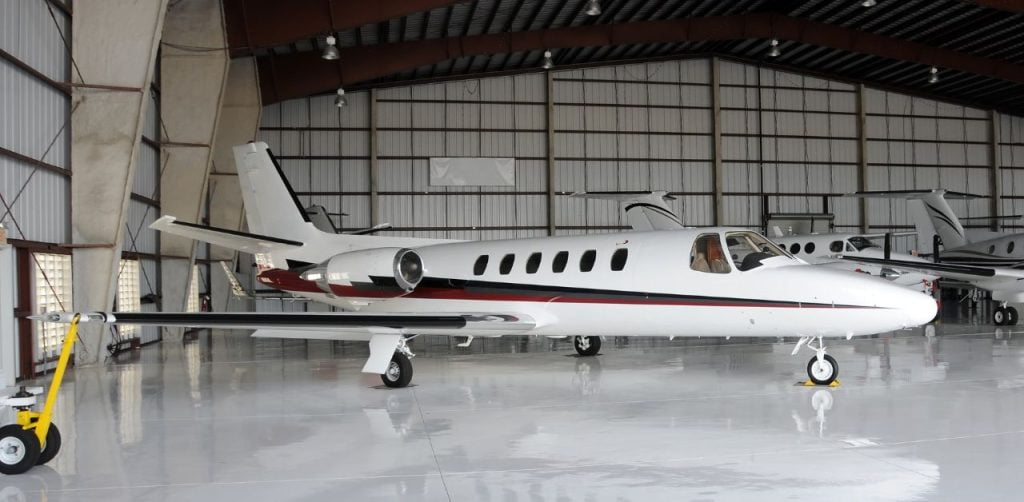If you plan to travel internationally on a private jet, it’s good to consider several factors to ensure a smooth and successful journey. It is especially true if your destination is Cuba, as there are unique logistical and security considerations.
When traveling to Cuba on a private jet, planning for landing permits, customs clearance, and ground handling services in advance is procedural. Additionally, we recommend arranging for trusted ground transportation from the airport to your hotel. After researching the local security situation, Icarus Jet ensures a smooth and safe trip.
Cuba Flight Information Regions (FIR)
Pilots and air traffic controllers use entry and exit points to help define routes and guide aircraft navigating through the Cuban FIR.
For westbound flights entering and exiting the FIR, the entry and exit points are GELOG, DAVOL, VIKRO, RABAG, BEMOL, EMABU, ULDAR, EPSIM, PUTUL, NIBEO, GONIS, GAXER, KATAL, LESOM, KANEX, LEPON, RIKEL, ATUVI, KARUL, SELEK, PABEL, NUDAL, NUKAN, EMOSA, NOSAT, ALURU, LENUK, and ULARI.
For eastbound flights entering and exiting the FIR, the points are CANOA, MAXIM, IKBIX, FUNDI, TANIA, URSUS, ZEUSS, ENAMO, ERRCA, GHANN, MEDKO, OVALU, BYGON, URLAM, DEPSI, and any additional points not listed in the westbound section. These are available in AIPs present with our agents for trip support in Cuba.
How do you file a flight plan for a private jet flight to Cuba?
When planning a flight in Cuban airspace, it’s essential to submit a flight plan, whether it’s for an IFR or VFR journey. It applies to Class A, D, and E-controlled airspaces for IFR flights, while for VFR flights, it’s necessary for Class D and E-controlled airspaces and aerodrome traffic areas. Filing a flight plan should be done between 5 to 1 day before departure (can be 1 hour before departure in emergencies), with a copy sent to the ARO office, preferably a couple of hours before takeoff.
Authorization for special flights, military missions, and procedures for repetitive flight plans (RPL) are also outlined in the AIP. Changes to submitted flight plans, significant delays, and arrival reports are ad hoc steps that require communication with relevant ATS units. Flight plan messages, including amendments and cancellations, are sent via AFTN to designated addresses depending on the flight’s destination and airspace classification within or outside the Havana FIR.
With Icarus Jet, you do not have to worry about any of this flight planning process because we do it for you and keep you updated at all times.
What are the aircraft parking rates in Cuba for 2024?
For the first three hours, parking at all airports in Cuba is complimentary. Beyond this timeframe, a fee equivalent to 20% of the landing charge per metric ton, specific to each airport, is applicable.
The highest rates are those of Jose Marti, Juan G. Gomez, and Jardines del Rey airports, set at 24 pesos per ton. Antonia Maceo, Ignacio Agramonte, and Frank Pais airports follow closely at 21 pesos per ton. Abel Santamaria and Jamie Gonzales airports have a rate of 18 pesos per ton, while Vilo Acuna and Siera Maestra airports charge 16 pesos per ton. All other airports in Cuba are notably cheaper, with a fixed rate of 8 pesos per ton.

Customs for private jet aircraft carrying passengers with less than 50 seats cost 1152 pesos. The charge increases with the addition of 100 seats. For trip support in Cuba for private flights, Icarus Jet agents can provide further information on airports and landing and parking requirements.
What are the US restrictions on private jets to Cuba?
US (N-registered tails) Part 91 private flights, including business jets, are barred from traveling to Cuba. However, as the Bureau of Industry and Security (BIS) clarifies, Part 135 charter trips and operations are allowed.
Private charter jet operations adhere to Part 135 regulations, whereas privately owned aircraft for personal use are governed by Part 91. In reality, Cuba allows landings regardless of aircraft nationality, but US operator restrictions come from the US government. Charter flights to Cuba are subject to BIS regulations, contingent on OFAC directives.
Which documents are required for a private jet flight to Cuba?
It is recommended to have the following documents ready to receive permits for private jets to land in Cuba. The list may be updated when you read this, so don’t hesitate to reach out to us for changes.
- Registration of the aircraft
- Aircraft MTOW
- Specific schedule of operations (arrival date/time, departure date/time)
- Copy of Airworthiness Certificate
- Copy of Aircraft Registration
- Copy of Aircraft Noise Certificate
- Copy of Aircraft Certificate of Insurance
- Aircraft Radio Station License
- List of ALL Installed Avionics/Navigation Equipment (including ELT) – including the specific operating frequency range of all equipment
- Copy of the most recent 12-month or annual inspection entry from the aircraft’s permanent maintenance record
- Inbound and outbound forms
- Inbound and outbound passenger manifest
- Copy of all crew and passenger passports
- Statement as to the purpose of passenger travel to Cuba
Icarus Jet requires advance coordination for fuel quantities in USG as part of permit applications. We also arrange crew transportation and accommodations upon request. Due to Cuba’s economic constraints, payment is necessary before permit issuance, handling, and service confirmation.

Permits are usually issued within 48 hours upon receipt of satisfactory documents, though arranging crew accommodations may take longer owing to limited internet access.
Icarus Jet is the premier private travel company, offering flights compliant with OFAC through trip support in Cuba. We provide global trip support services, and our agents ensure you safely fly your passengers to their destination. Call us at +1 888 277 7203 or email info@icarusjet.com to join our crew network.




